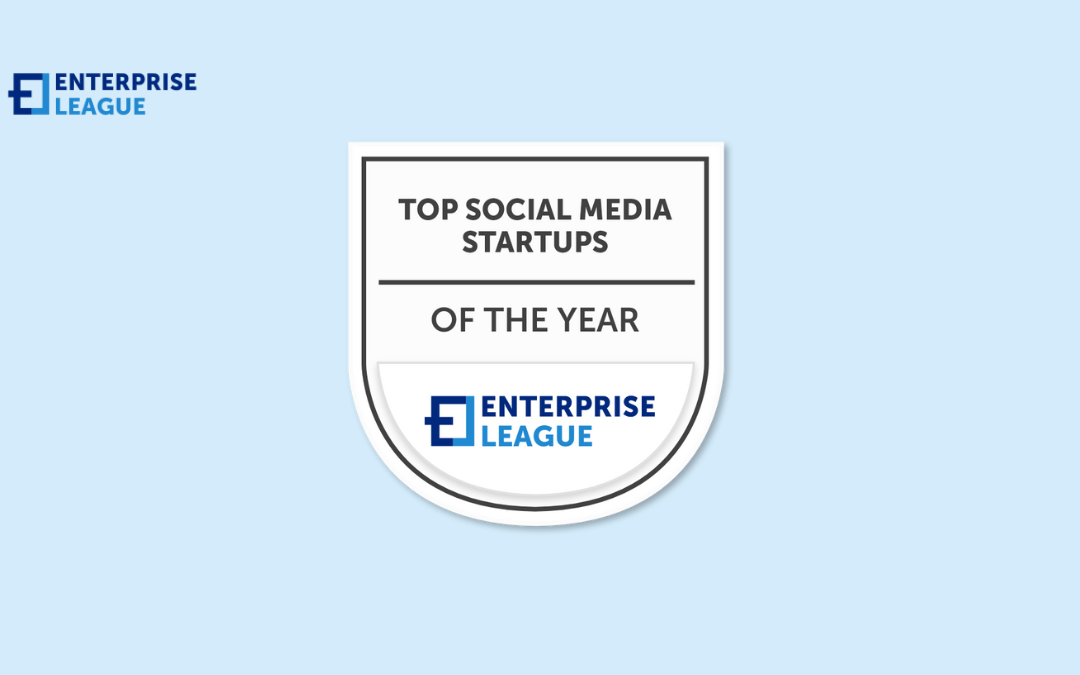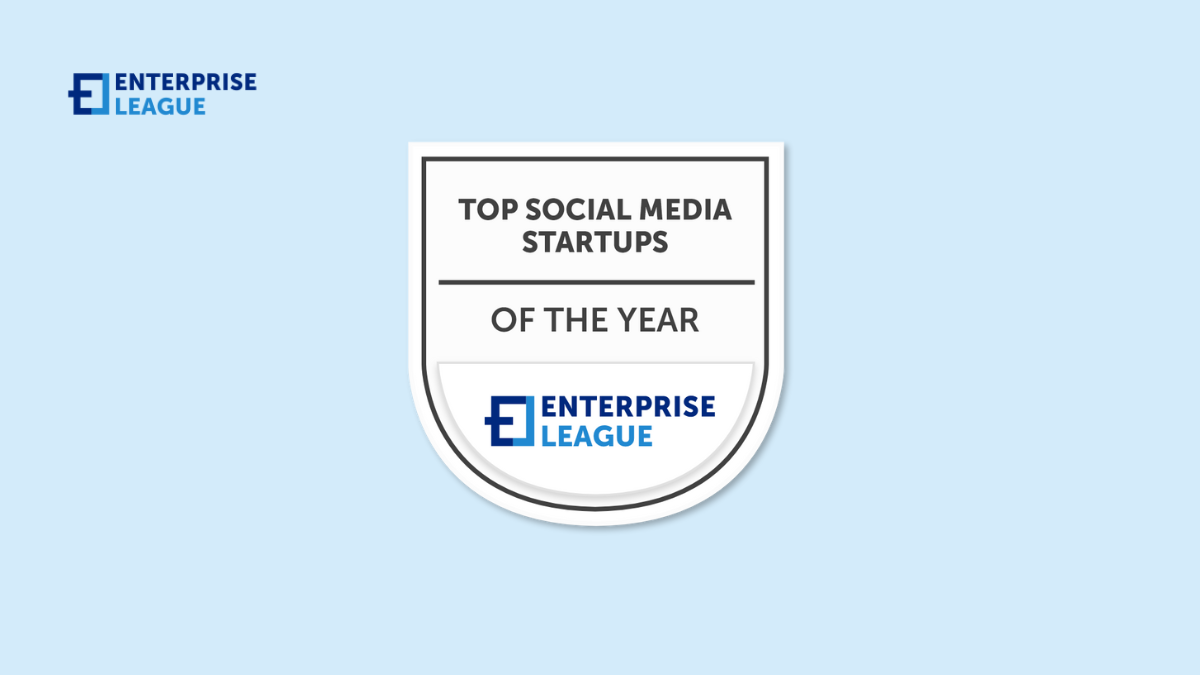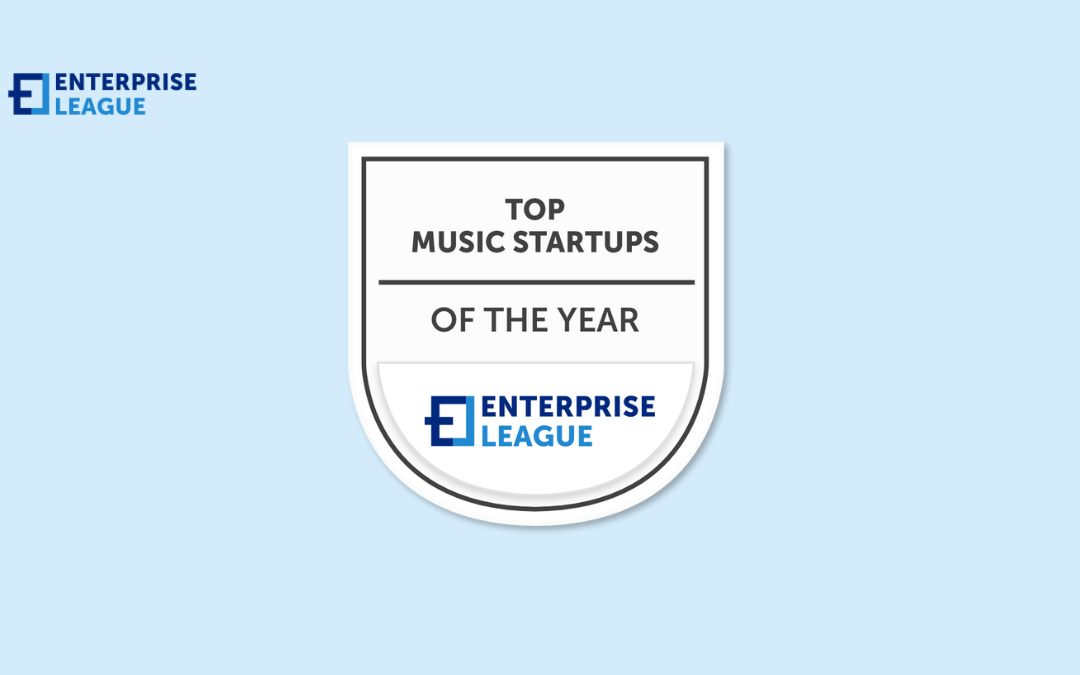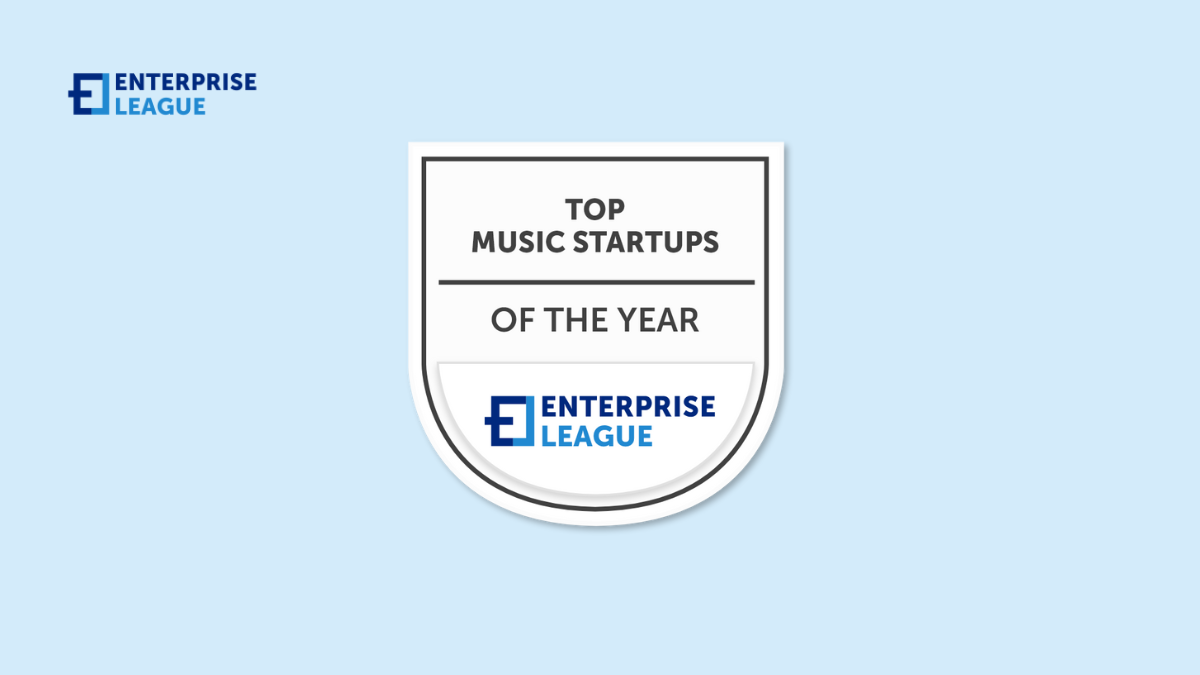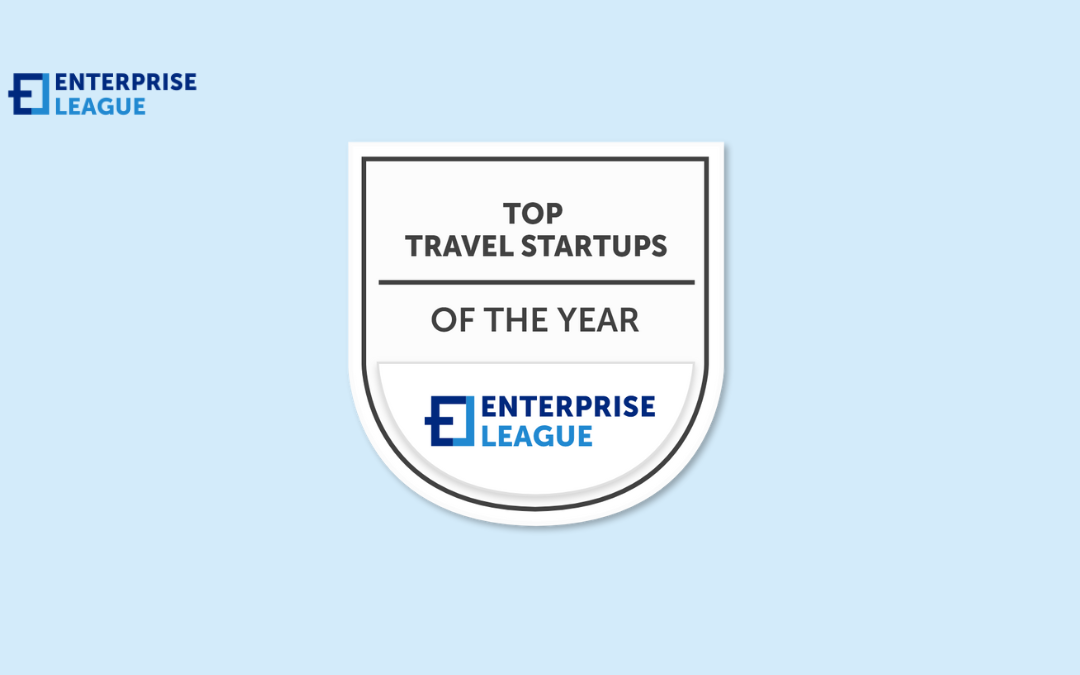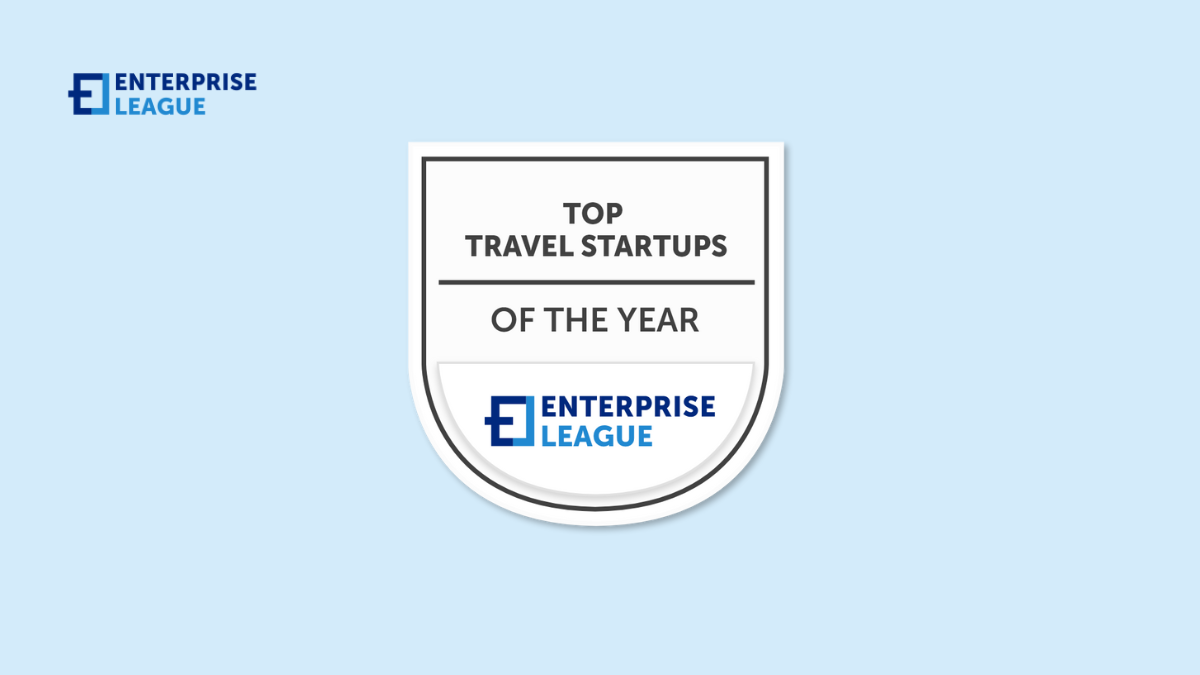When you are dealing with challenge of accepting change , we’ve decided to share 29 quotes about change in business to reflect on in those difficult times.

Revolutionizing the construction industry with smart material supply strategies
Revolutionizing the construction industry with smart material supply strategies
February 12, 2024

Cementing the backbone of our cities and shaping the skylines, the construction industry is an undeniable pillar of global development. However, like any pillar, it can only stand tall if supported by a robust, efficient, and future-facing supply chain. As we march further into the 21st century, smart material supply strategies and frameworks are emerging as pivotal forces in revolutionising the way construction businesses source, manage, and utilise the essential components of their craft.
Current challenges in material supply
Lack of visibility and transparency
The complex web of suppliers, manufacturers, and distributors is notorious for its opacity. For construction projects, this can mean a lack of clarity on the origin, delivery status, and compliance of materials. In a worst-case scenario, this lack of visibility could lead to the use of substandard or unsafe materials, risking the quality and safety of the final product.
Inefficient inventory management
Large-scale construction projects often involve multiple, concurrent workstreams that require a diverse array of materials. Keeping track of these materials across different sites and stages is a daunting task. Many organizations continue to rely on manual methods, which are not only time-consuming but also prone to errors and inaccuracies.
Delays and disruptions
The supply of materials traditionally hinges on outdated push systems, where orders are based on forecasts rather than real-time demand. Unexpected events, such as weather conditions impacting deliveries or a spike in demand from another customer, can cause significant delays and disruptions to the construction schedule.
Benefits of smart material supply strategies
Improved supply chain visibility
Implementing smart material supply strategies equips project managers with a digital lens into the supply chain. Real-time tracking of materials from the factory to the construction site enhances transparency, ensuring that materials meet their timeline and standards.
Real-time inventory tracking
By leveraging technology, construction companies can track the movement and location of materials at any time. This not only provides a live overview of what’s on hand but also enables strategic rescheduling or redistributing stock in a crunch.
Predictive analytics for demand forecasting
With the advent of big data, predictive analytics is transforming the construction supply chain. Companies can now forecast material needs with unprecedented accuracy, reducing the likelihood of overstocking or under-provisioning.
Automated reordering and replenishment
Artificially intelligent systems that learn from consumption patterns can automatically trigger reorders when stock levels drop below preset thresholds. This automation streamlines the procurement process and minimizes the chances of stockouts.
Implementation of smart material supply strategies
Smart material supply strategies are not gestures of a distant future; they can be implemented today. Here’s how companies in the vanguard are adopting these innovative methods:
Integration of IoT and RFID technologies
By equipping materials with sensors and RFID tags, companies can take advantage of the Internet of Things to automate tracking and monitoring. These technologies also enable the application of smart contracts, which can autonomously execute actions, such as releasing payments upon delivery confirmation.
Cloud-based inventory management systems
Gone are the days of the cumbersome Excel spreadsheet. Cloud-based inventory management systems offer unparalleled flexibility and accessibility. Whether at the office or on the ground, stakeholders can view and update inventory data in real-time.
Collaboration with suppliers and contractors
A synchronised supply chain requires collaboration not only within a company but also across the ecosystem. By sharing digital platforms with suppliers and contractors, construction companies can achieve a higher level of coordination and mutual visibility, further mitigating risks and delays.
Training and upskilling of workforce
As companies adopt new technologies, it is crucial to ensure their workforce is equipped to harness their full potential. Training initiatives can range from basic digital literacy to more advanced data analysis and technology maintenance skills.
Future trends and innovations
Robotics and automation in material handling
Robots are no longer the stuff of science fiction. In warehouses and on construction sites, robotic arms, and drones are lending their assistance to material handling tasks. These technologies promise to reduce labour costs, improve safety, and increase the speed of operations.
Blockchain for enhanced supply chain transparency
Blockchain technology, with its inherent transparency and traceability, is a natural fit for the construction supply chain. Each change of hands for a material can be recorded on an immutable ledger, providing stakeholders with a clear, auditable history of its journey.
AI-powered predictive maintenance
Predictive maintenance is not solely for machinery; it can also be applied to ensure the availability and quality of construction materials. By analysing data, AI systems can anticipate when materials might become scarce or degrade, enabling proactive measures to be taken.
Conclusion
As we look at the path ahead, it’s clear that smart material supply strategies are not mere suggestions but transformative imperatives. The companies that can marry the traditional craft of construction with the ingenuity of modern supply chain management will be the ones to thrive in this new era.
In the end, it’s not just about redefining the supply of materials—it’s about redefining the very fabric of the construction industry, one block at a time. With the technology readily available and the need pressing, there’s no better time to begin the evolution towards a smarter, more efficient construction ecosystem.
More must-read stories from Enterprise League:
- Smart ways to enhance the efficiency of your business.
- All the reasons why we should support local businesses and shop local.
- Find out everything you need to know about the 10 Ds of entrepreneurship.
- Implement a CRM strategy for your business using this guide.
- Are you aware of the negative effects that social media has on the workspace?
Related Articles
29 quotes about change in business to inspire you (2025)
28 new business quotes to keep you motivated in tough times
If you are starting a new business, you should check out these 28 new business quotes that will give you those much needed extra boost and motivation.
28 quotes about business success to inspire you (2025)
If you are someone that is trying hard to navigate through the ups and downs of the corporate ladder, take a look at these quotes about business success
The secrets of flawless project portfolio management with capacity planning tools
Let’s take a closer look at why good planning tools matter, how they actually transform workflows, and what you should look for when choosing one for your team.
Understanding the business-to-consumer business model
Understanding B2C business models is vital for modern commerce, let’s learn the basics, see how it compares to traditional retail and why it continues to grow.






